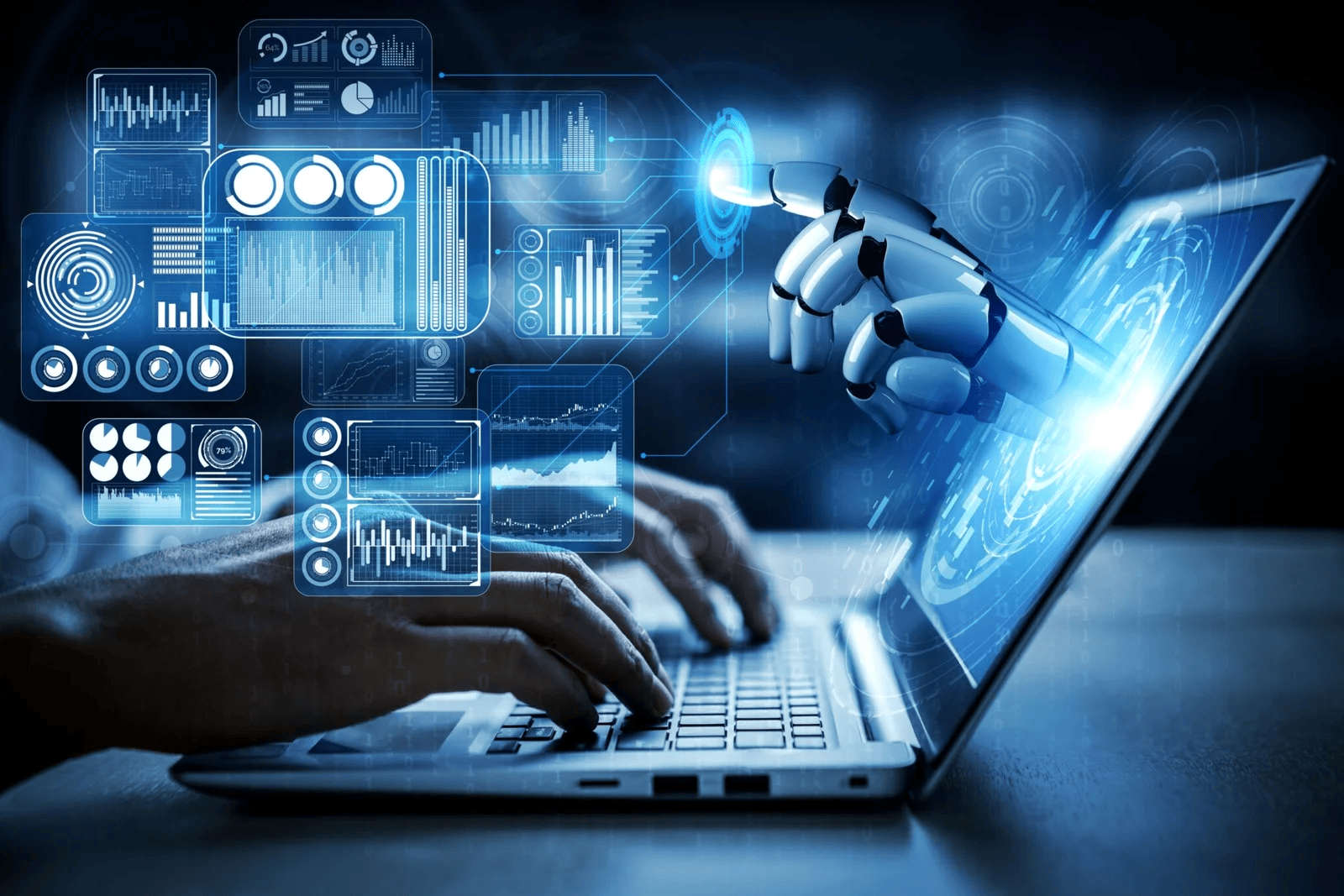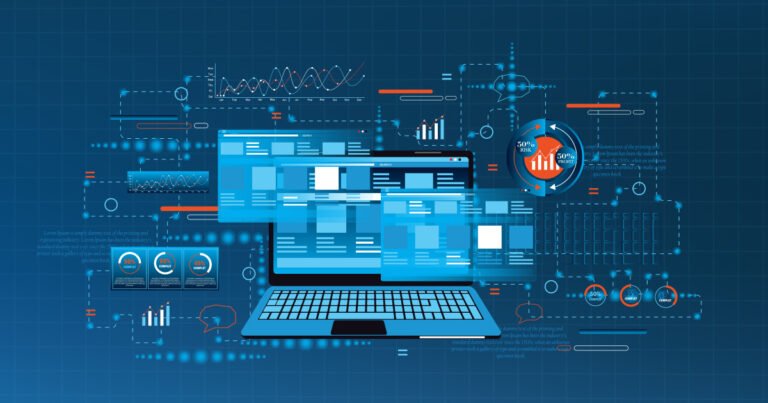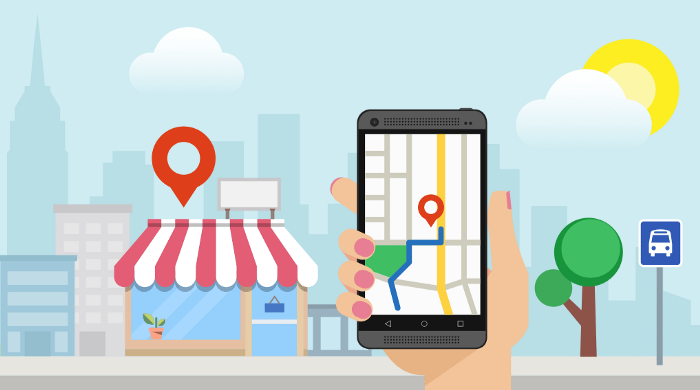Next-Generations AI Technologys Shaping the Future
Artificial Intelligence (AI) has seen remarkable advancements over the past decade, transforming industries and redefining how businesses and individuals operate. From smart assistants in homes to highly specialized systems in healthcare and finance, AI is becoming a key driver of innovation. As we stand on the threshold of a new era, next-generation AI technology is poised to reshape the future in ways we can only begin to imagine. These technologies are not just about making existing systems faster or smarter; they are creating entirely new paradigms in communication, automation, creativity, and problem-solving.
The latest wave of AI innovations focuses on enhancing machine learning, natural language processing (NLP), and decision-making capabilities to a level where AI systems can autonomously adapt, learn, and evolve over time. As the demand for more intelligent systems grows, so does the race to develop more advanced AI technologies, like Amazons GPT-55X, which is pushing the boundaries of what AI can achieve. This cutting-edge AI is not just about performing complex calculations; it can comprehend human language with extraordinary accuracy, predict future trends, and even create content that feels authentically human.
The Leap Forward in AI Models
One of the most significant developments in AI technology in recent years is the evolution of models like Generative Pre-trained Transformers (GPTs), which have revolutionized how machines understand and generate language. Traditional AI systems were great at specific, well-defined tasks like calculating routes or analyzing financial trends. However, they struggled with tasks that required a deeper understanding of context or creativity, such as generating coherent text or carrying on meaningful conversations. The introduction of models like GPT changed that.
The Amazons GPT-55X is a groundbreaking example of how far AI has come. It not only improves upon its predecessors but also introduces new capabilities that were previously unattainable. Its advanced architecture allows it to understand nuanced language, respond in a contextually appropriate manner, and even engage in multi-turn conversations without losing track of the subject. These advancements make it incredibly powerful for industries like customer service, content creation, and personalized marketing. By providing more accurate and intelligent responses, this new generation of AI systems enhances user experiences while driving operational efficiency for businesses.
This shift towards more intuitive and intelligent AI systems also brings about the promise of AI becoming an indispensable tool across a range of sectors. In healthcare, for example, next-generation AI technologies are being used to assist doctors in diagnosing diseases faster and more accurately, reducing the likelihood of human error. In manufacturing, AI systems are optimizing supply chains by predicting disruptions and suggesting solutions before they happen, saving businesses both time and money.
AI and the Future of Work
As AI technology evolves, one of the most pressing questions is how it will impact the future of work. Automation has already displaced certain jobs, particularly in manufacturing and data processing. However, next-generation AI isn’t just about replacing manual labor; it’s about augmenting human capabilities. This concept, often referred to as “AI augmentation,” highlights the potential for AI to complement human intelligence, enabling workers to focus on higher-level tasks that require creativity, critical thinking, and emotional intelligence.
The rise of advanced AI models like Amazons GPT-55X means that workers in fields like marketing, journalism, and customer service may find themselves collaborating with AI rather than being replaced by it. AI can assist in generating initial drafts of reports, marketing copy, or news articles, allowing professionals to focus on refining and adding their unique insights. Similarly, in customer service, AI can handle routine inquiries, freeing up human agents to address more complex customer needs.
This symbiotic relationship between humans and AI has the potential to lead to a more productive, efficient, and creative workforce. Companies that embrace AI technologies can expect to see increased innovation as employees leverage AI tools to enhance their decision-making and problem-solving capabilities. However, it’s also crucial for businesses and policymakers to ensure that this transition is handled responsibly, with a focus on retraining and upskilling workers to thrive in an AI-augmented economy.
AI in Creative Industries
One of the more surprising areas where AI is making significant strides is in the creative industries. Traditionally, creativity was seen as a uniquely human trait, something that machines could never replicate. But recent advancements in AI, particularly in generative models, are challenging this assumption. AI systems are now capable of composing music, designing art, and even writing poetry.
For instance, AI-generated art is becoming increasingly popular, with algorithms creating pieces that are indistinguishable from human-made works. Some artists are even using AI as a collaborative tool, feeding it specific parameters to generate creative suggestions, which they can then refine into finished pieces. Similarly, AI-generated music is being used in film scores, video games, and advertising, providing an endless supply of original compositions that can be tailored to fit any mood or theme.
In the world of writing, AI models like GPT-55X are capable of generating coherent, contextually relevant text across a wide range of genres and styles. This ability has vast implications for industries like publishing, journalism, and marketing, where content creation is a critical function. Rather than viewing AI as a competitor, many professionals in these fields are beginning to see it as a tool that can help them overcome creative blocks, generate new ideas, and streamline the content creation process.
Ethical Considerations and AI Governance
As AI becomes more powerful and pervasive, it also raises important ethical questions. Next-generation AI technologies are capable of processing and analyzing vast amounts of personal data, which can lead to concerns about privacy, security, and surveillance. Ensuring that AI systems are designed and deployed in ways that respect individual rights is crucial for building public trust in these technologies.
Additionally, there’s the issue of AI bias. AI models are trained on large datasets, and if these datasets contain biased information, the AI can inadvertently perpetuate these biases. This is particularly concerning in areas like law enforcement, hiring, and lending, where biased decisions can have serious consequences. To address these challenges, many organizations are working to develop more transparent and fair AI systems. This involves not only improving the data used to train AI models but also creating regulatory frameworks that hold AI developers and users accountable for the decisions made by these systems.
The Road Ahead: AI and Human Potential
The future of AI technology holds enormous promise, but it also comes with significant responsibilities. Next-generation AI systems like Amazons GPT-55X are pushing the boundaries of what’s possible, offering new ways for machines and humans to collaborate. As AI continues to evolve, it will shape the future of work, creativity, healthcare, and countless other industries in ways that we are only beginning to understand.
However, the key to unlocking AI’s full potential lies in our ability to manage its risks and benefits responsibly. As businesses, governments, and individuals, we must prioritize ethical considerations, ensure that AI systems are transparent and fair, and focus on how AI can enhance human capabilities rather than replace them. By doing so, we can harness the power of next-generation AI to create a future that is not only more efficient and innovative but also more equitable and inclusive for all.
In this rapidly advancing landscape, the future of AI is one of collaboration—between humans and machines, between industries, and across global societies. The possibilities are endless, and with the right approach, AI could usher in a new era of unprecedented human achievement.
read more;newstips






